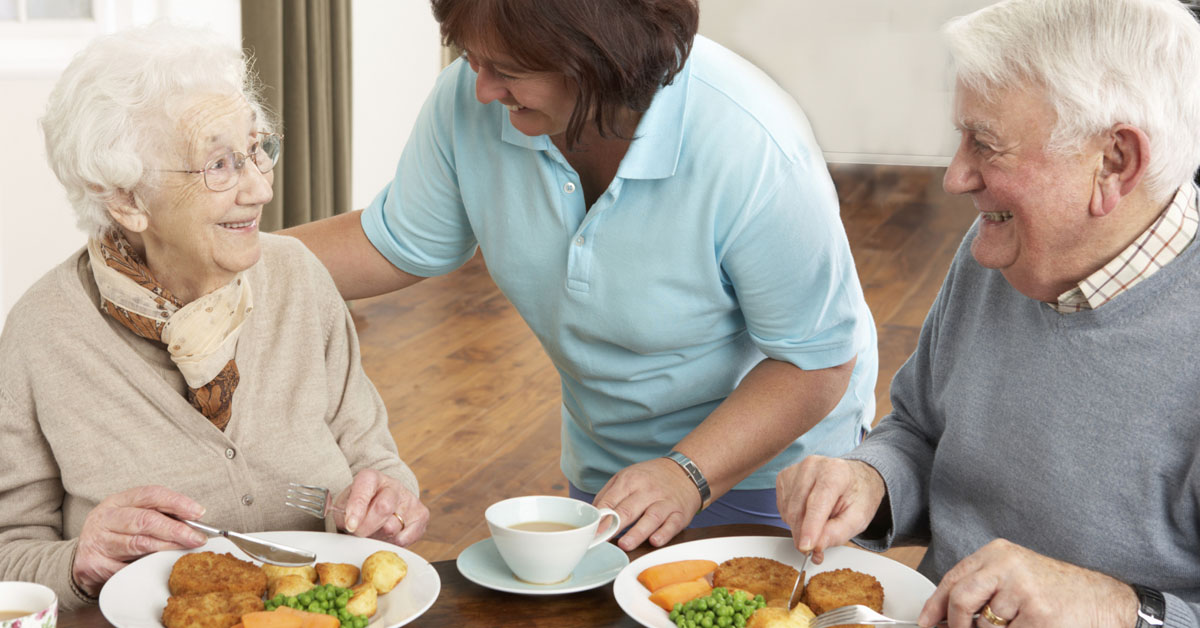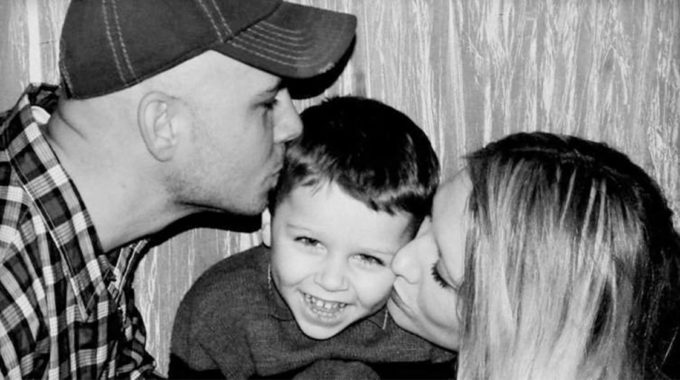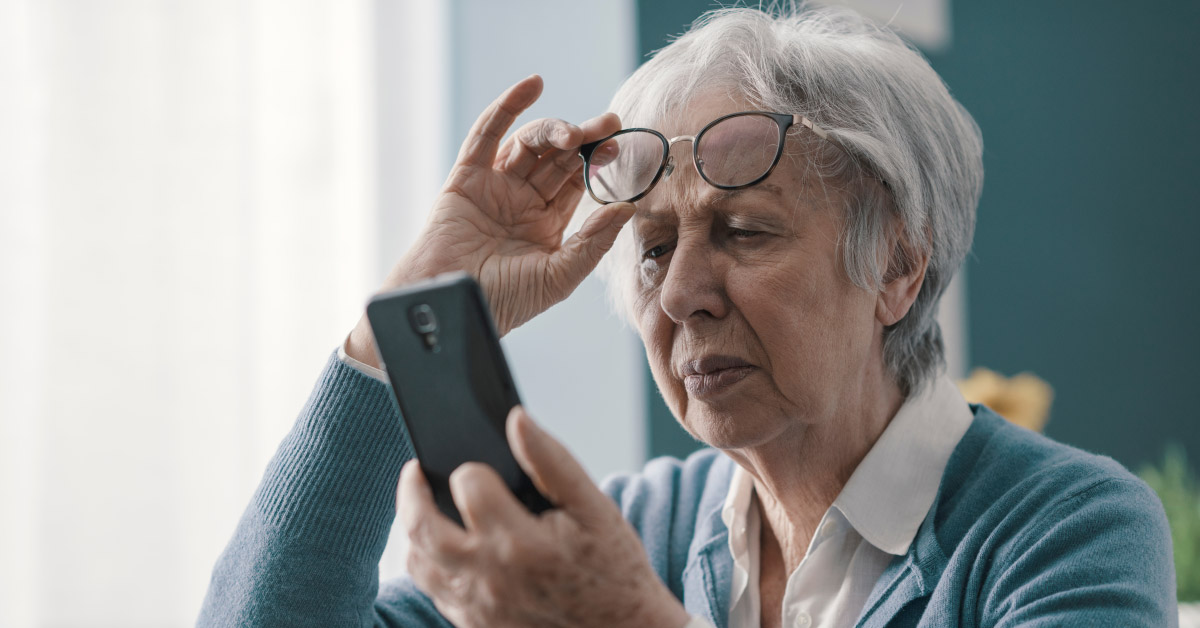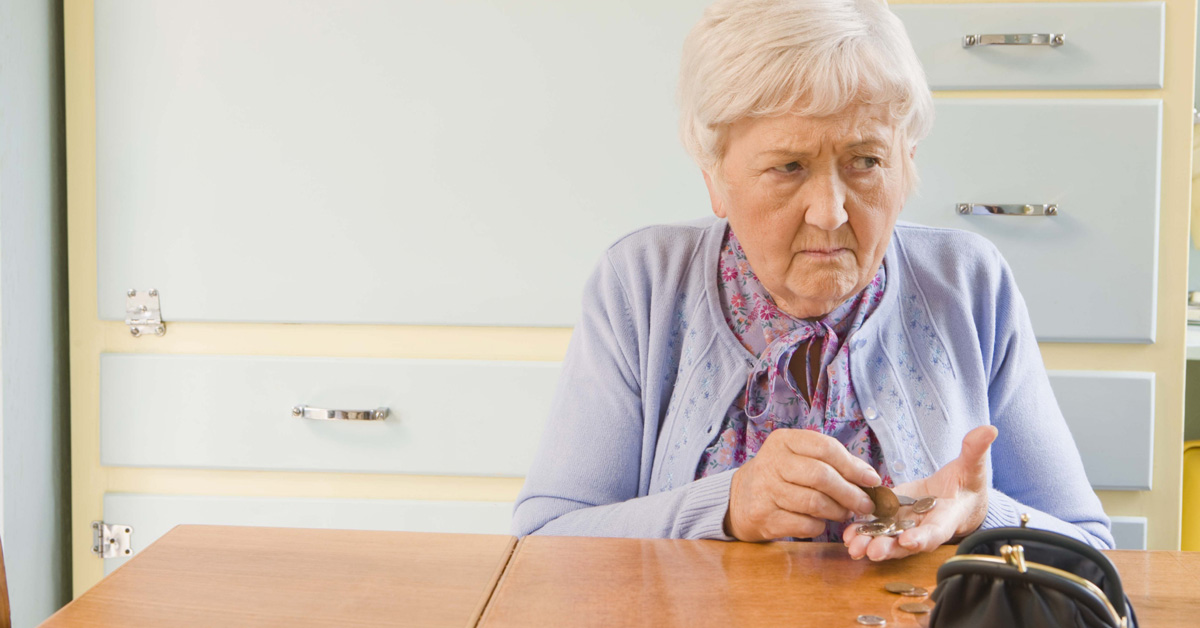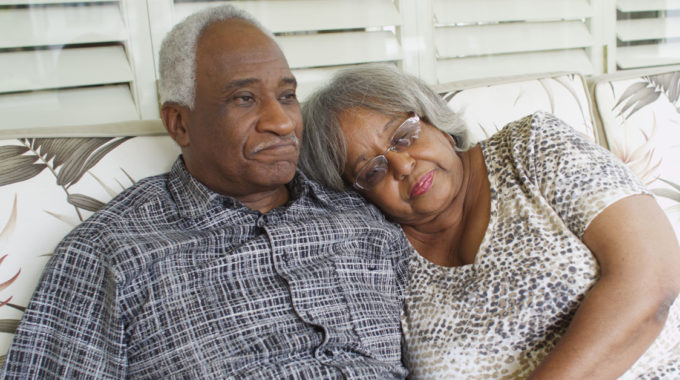
Caring for a Disabled Spouse Can Increase Mortality Risk 63%
Did you know that caregiver fatigue is an independent risk factor for mortality? Researchers tracked 819 people, age 66+, who were living with their spouses. Compared to people who did not have a caregiving role, people who reported strain from taking care of their spouses were 63% more likely to die. The risk was even greater if the family caregiver had their own health problems. Among spousal caregivers with both caregiver strain and a prevalent disease, the mortality risk was more than four times higher!
Across the country, elderly spouses depend on each other for crucial support. When one has dementia, stroke, Parkinson’s, or another major disabling condition, the effect that has on the spouse commonly goes unrecognized. The result of ignoring this risk is bad for everyone involved and for society. Let’s take a moment to understand the deadly risk of caregiver fatigue so we can avoid the costly consequences.
Are All Spousal Caregivers at Increased Risk?
No, some spousal caregivers are not at increased health risk. Increased mortality risk occurs largely when family caregivers report strain. In the research of Doctors Schulz and Beach, elderly people who provided no help to their disabled spouses did not have a statistically significant increase in mortality risk. Similarly, elderly people who provided support for disabled spouses, but reported no strain, did not have an increase in mortality. Only spousal caregivers who reported strain from the caregiving role saw the dramatic spike in mortality. Family caregiving can be done safely as long as it does not put a strain on the caregivers.
Why is Caregiver Fatigue So Deadly?
When an elderly person cares for a disabled spouse 24 hours per day, they lose normal opportunities to take care of themselves. They have interrupted sleep patterns. They don’t take time off when they are ill. They skip doctor’s appointments and have lower-self reported health care behaviors.2 Elderly people are particularly vulnerable to these problems.
Of course, caregiver fatigue is deadly for more than the caregivers. Among people with dementia, when caregivers report needing help with two or more activities of daily living for the person with dementia, the mortality risk of the person with dementia goes up 37%. Those people are also 77% more likely to be placed in a facility.
Signs of Caregiver Fatigue
- Declining health status of a caregiver such as getting sick more often.
- Declining mental or emotional status of a caregiver including exhaustion or irritability.
- Caregiver feels like he or she has no time for self.
- Caregiver feels like he or she has inadequate support.
- Caregiver worries about what will happen if he or she can no longer perform the caregiving task.
- Reduced social interaction or social withdrawal.
- Changes in sleep patterns.
- Feelings of wanting to hurt or insult the person being cared for.
The Solution to Caregiver Fatigue
Both long-term and short-term assistance has been shown to help with caregiver fatigue. For instance, people have lower mortality risk after the loss of a spouse, if the family received home hospice.4 Families commonly report feeling unprepared when a patient is sent home with disabling cancer. This is despite the fact that Medicare would pay 100% for a few weeks of home health in which a nurse teaches family caregiving techniques and gives them confidence and reassurance that they are providing care well. Finally, non-medical, long-term home care is available so families can have someone reliable to help with cooking, cleaning, bathing, grooming, etc. These home care services are not just a luxury. Home care is lifesaving.
References:
- Schulz R, Beach SR. Caregiving as a risk factor for mortality: the Caregiver Health Effects Study. JAMA. 1999 Dec 15; 282 (23): 2215-9.
- Glajchen M. Physical well-being of oncology caregivers: an important quality-of-life domain. In Seminars in oncology nursing 2012 Nov 1 (Vol. 28, No. 4, pp. 226-235). WB Saunders.
- Gaugler JE, Kane RL, Kane RA, Newcomer R. Unmet care needs and key outcomes in dementia. Journal of the American Geriatrics Society. 2005 Dec; 53 (12): 2098-105.
- Christakis N, Iwashyna T. The health impact of health care on families: a matched cohort study of hospice use by decedents and mortality outcomes in surviving, widowed spouses. Soc Sci Med. 2003; 57: 465-75.

